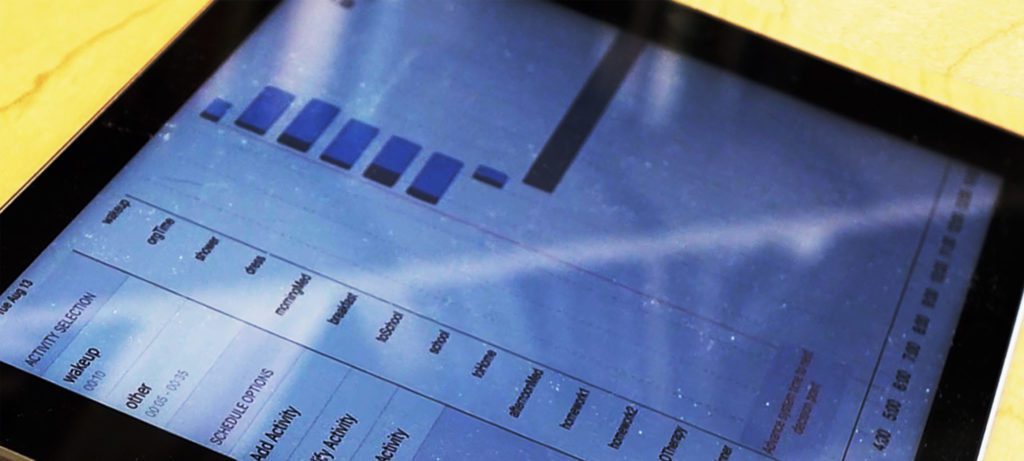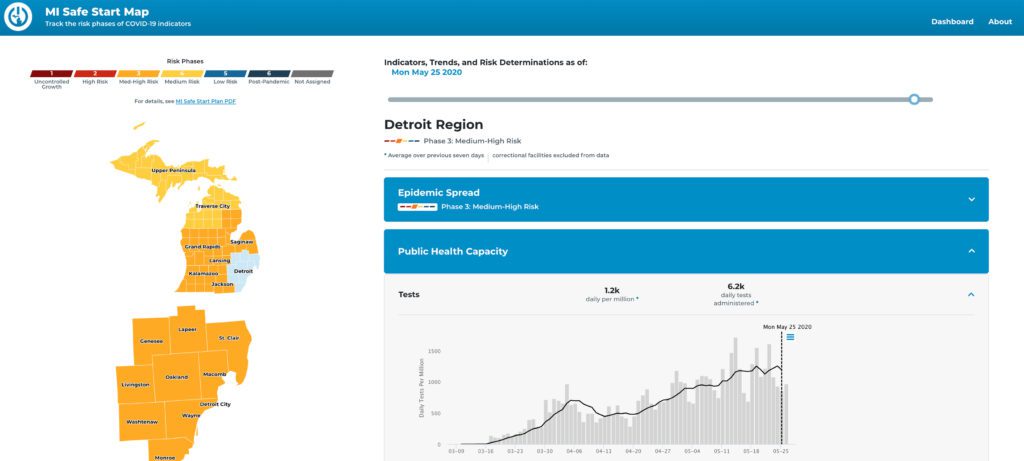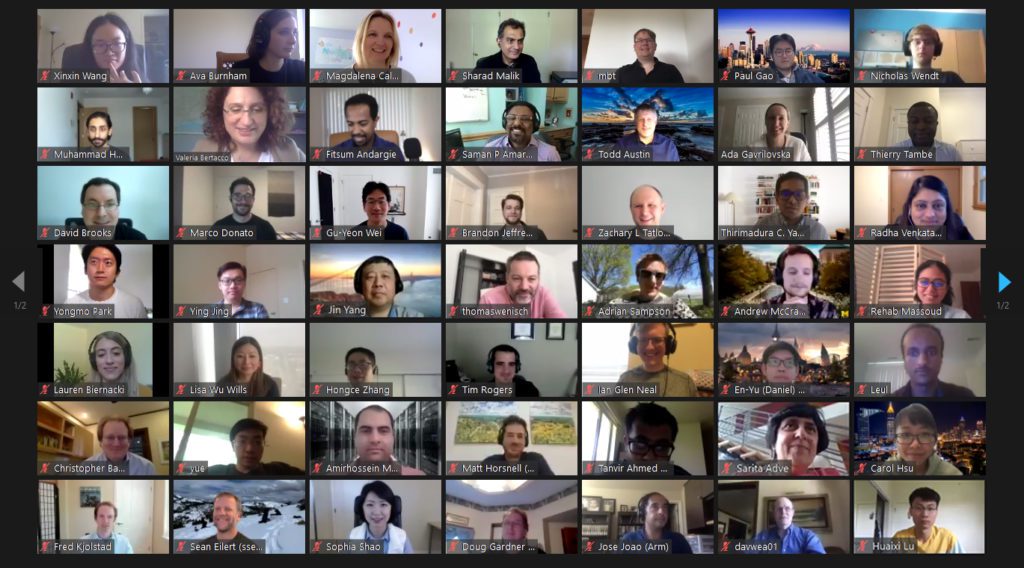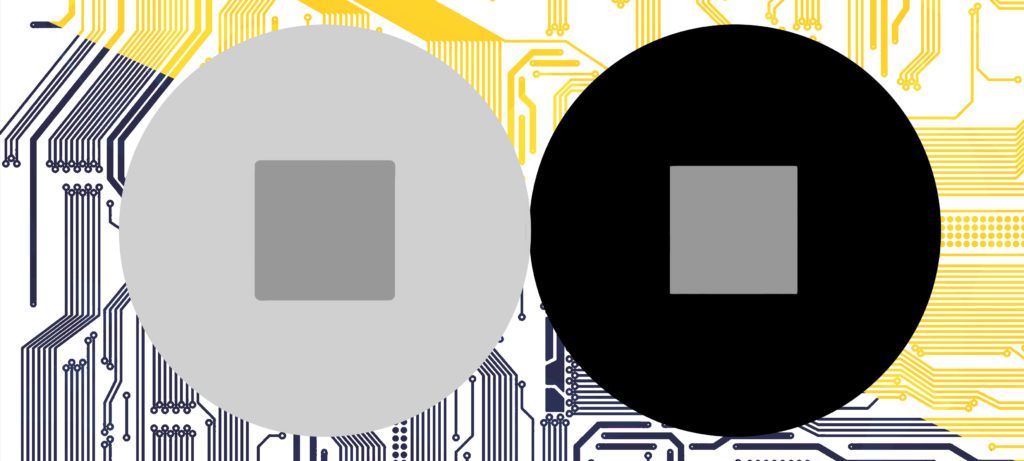The system targets software that runs using concurrent execution, a widespread method for boosting performance, and proves whether a program will output what it’s supposed to.


The system targets software that runs using concurrent execution, a widespread method for boosting performance, and proves whether a program will output what it’s supposed to.

The system can add more flexibility to task management apps to help learning users make informed decisions about their time.
The upcoming presidential election in the middle of a pandemic has many jurisdictions exploring new technologies. They’re not secure.
The post New remote voting risks and solutions identified appeared first on Michigan Engineering News.

The web tools will help state officials identify potential hotspots as they reopen Michigan to business.

The symposium highlighted new developments in computer architecture, and included a session on how the center’s research can contribute to limiting the impact of pandemics.

The projects impact voting systems, physical sensors, integrated circuit fabrication, and multiple microarchitectural side-channel vulnerabilities.

The project, which received a best paper award, demonstrated that a certain bias in humans who train intelligent agents significantly reduced the effectiveness of the training.

“My research has the potential to democratize programming and make it possible for millions of people around the globe to automate otherwise tedious tasks using programming.”

Graphical online simulation could spur more targeted COVID-19 protection measures.
Predictive model could help care providers stay safe, anticipate patient needs.
The post Faster than COVID: a computer model that predicts the disease’s next move appeared first on Michigan Engineering News.